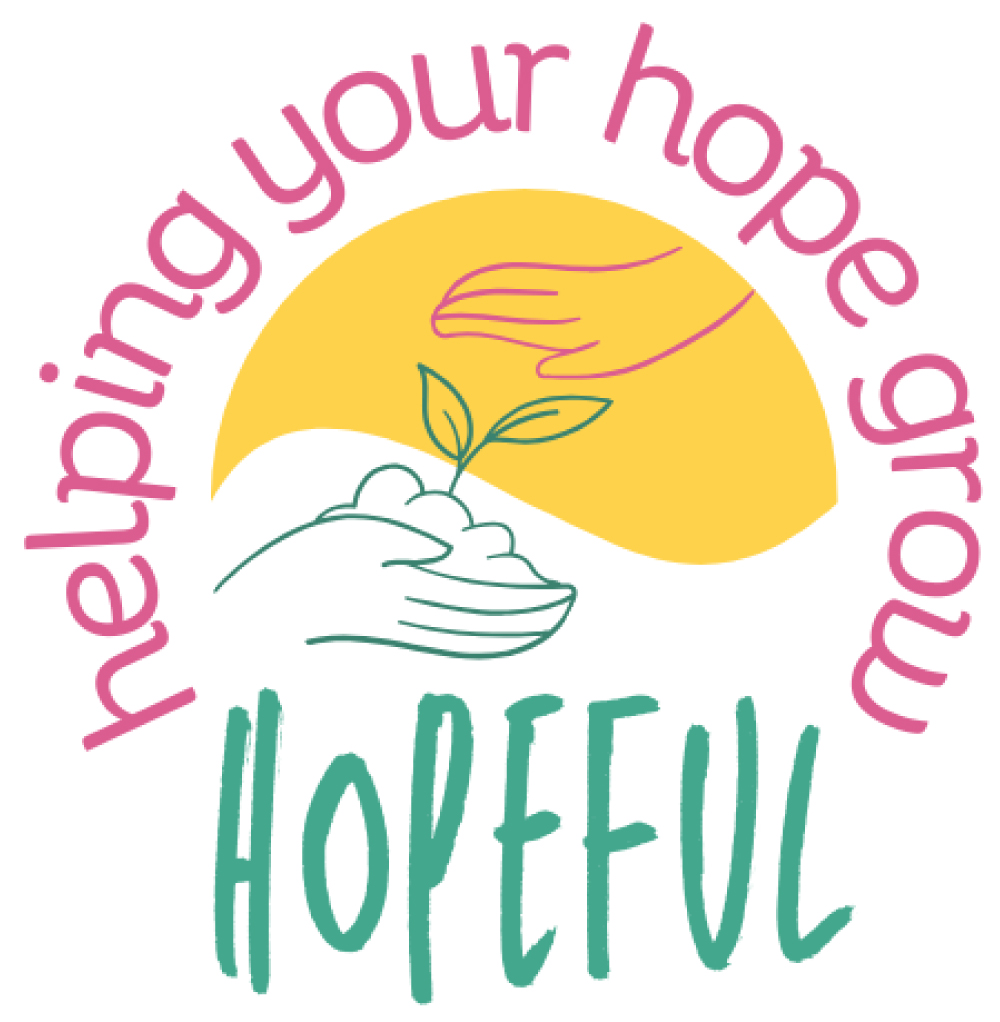Confidentiality
- Confidentiality means keeping information shared by a young person private and not passing this information on, except in specific circumstances
- Confidentiality is an important part of building and maintaining trusting, respectful relationships
- You will agree some guidelines with the young person at the start of your mentoring about what information you will and won’t share
- You should never agree not to tell anyone something a young person shares with you if this information relates to a risk to the young person or someone else
- For example, you should never agree not to tell anyone else if a young person talks about considering harming themselves, or planning to harm someone else
- You would need to pass this type of information on to your mentor supervisor and to the research team, and these parties might then help you to pass the information on to the young person’s GP and other support services
- It is important to have an open discussion with the young person you mentor about confidentiality and its limits at the beginning of HOPEFUL – and to record key details in your mentor agreement
Safety
- Safety means when a young person is protected from, and unlikely to cause, danger, risk or injury
- The safety of the young person you mentor, and the people around them, is of central importance
- You can help to create a safe environment within your mentoring relationship
- For example, by ensuring that you are non-judgemental and supportive and being aware of the young person’s preferences about how you talk with each other
- You can also help to create a safe mentoring environment by agreeing and maintaining clear boundaries and guidelines using your mentor agreement
- As well as considering how to offer the young person a safe environment, it’s important to be mindful of safety issues relating to the young person and their life outside of your mentoring
- Whilst it may be unlikely that there would be any significant safety issues for the young person you are mentoring, it is important to feel prepared in case something does come up
- Safety issues includes risks in the environment (like violence or abuse), risky behaviour (like drugs and self-harm), risks to other people, and mental and physical health problems
- Being safe means 1. being aware of safety issues affecting the young person you mentor, 2. helping the young person to access support for safety issues, and 3. using your own supervision to share information about safety issues and receive guidance and support from your supervisor
- The following pages and section four of this manual have more information about problems young people may experience and provide resources that you can use and share with them
Watch the video below for more information about confidentiality and safety in HOPEFUL mentoring.
